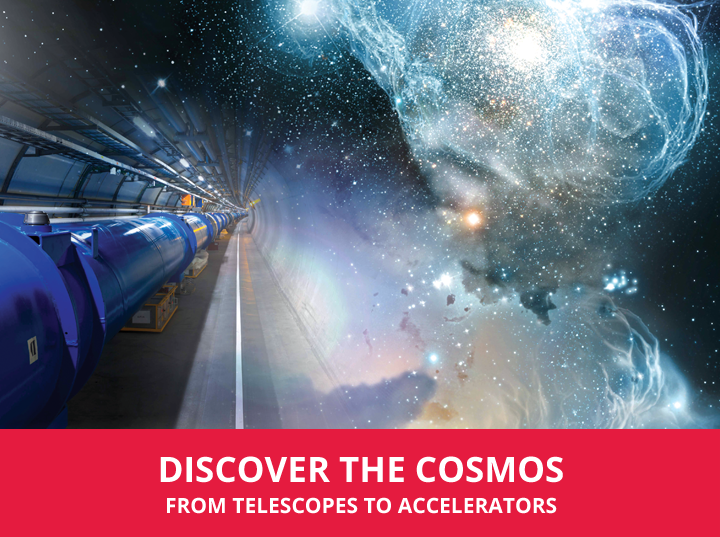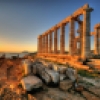.
DISCOVER THE COSMOS

Details
The aim of the course is to enhance science education by presenting the fabric of the cosmos as was shaped by scientific evidence and explanations through 400 years of scientific advancement. The course will focus on
a) 17th century’s optics instruments (i.e. telescopes and microscopes) and how these instruments have influenced the making of modern science
b) 20th century’s telescopes and accelerators, which have probed the inner an outer boundaries of the matter and the universe
c) 21st century’s facilities such as CERN’s Large Hadron Collider (LHC) and the new generation of space telescopes, which will provide answers to the yet open sub-atomic and cosmological questions.
Participants will familiarize themselves with a large amount of digital science education content, which currently exists in history-of-science museums, archives and science centres’ collections and digital repositories (e.g. http://portal.discoverthecosmos.eu). Participants will develop skills in using learning technologies in modes and settings as diverse as a history-of-science museum visit, or a virtual tour in ATLAS-CERN. The integration of the past, present and future of the scientific endeavour will impart, to the school’s science curriculum, the dynamics of a common European scientific heritage, strong enough to address the challenges of tomorrow.
Attica, Greece
.
.
About
The European Science Education Academy (ESEA) is a common effort of the European Physical Society, Ellinogermaniki Agogi, NUCLIO, and the Cardiff University to support the modernization and continuous development of STEM (Science, Technology, Engineering and Math) education and training. ESEA provides numerous training activities, tools and resources that will enable teachers in STEM to maximize their efforts in the design of inquiry based learning activities as well as to create motivating and engaging lessons that inspire young pupils and students to take up a career in STEM.
Read more
LATEST NEWS
-
11 Dec 2017
-
26 Oct 2017


